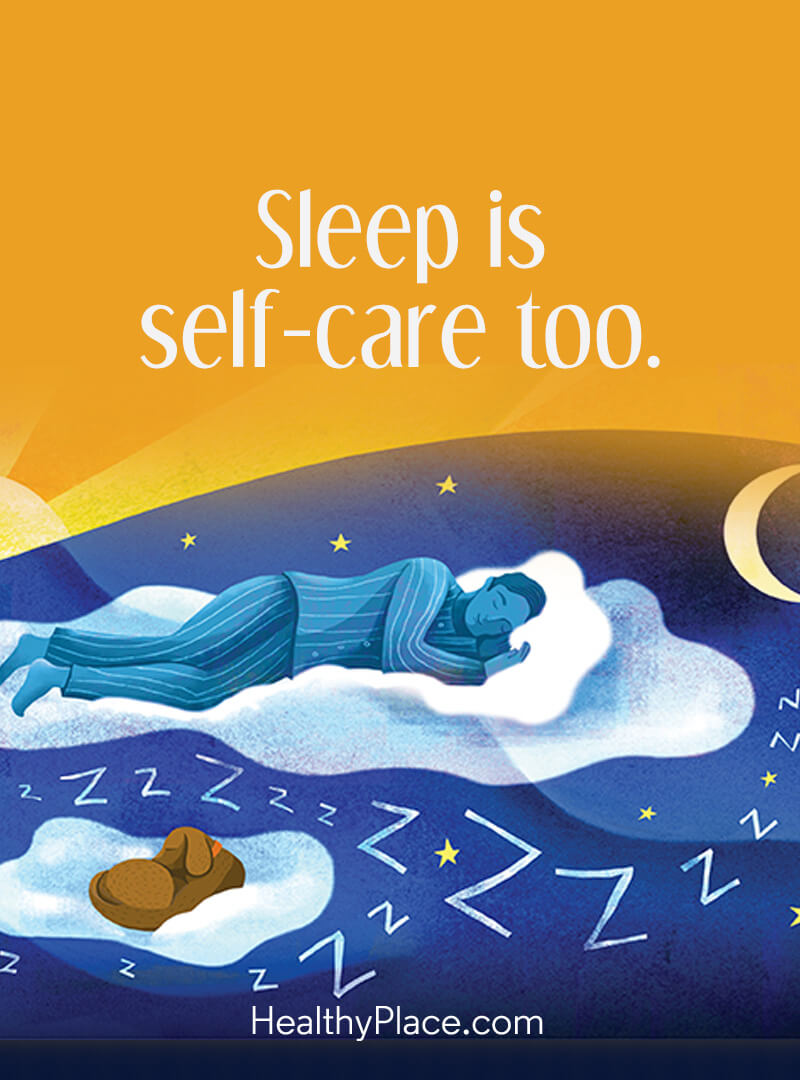Let’s take a moment to absorb how many people we know to pull up regular “all-nighters” to finish any type of work/assignments.
Well…Sleep Deprivation?
Yes. That’s when you abuse your body’s fundamental right to sleep.
In other words, rest.
Sleep deprivation occurs when a person gets less sleep than their body needs. It just so turns out that there are major long term implications that can result from “all nighters”.
Sleep deprivation drains your mental abilities and puts your physical health at real risk.
Studies have linked poor sleep with all kinds of health problems, from weight gain to a weakened immune system, however, one thing we must note is: the effects of sleep deprivation can vary from person to person.
The Younger Generation…
Children and teenagers need more sleep than adults as their brains and bodies are still developing and growing. As such, the effects of sleep deprivation in children can sometimes be more severe or longer-lasting.
The Centers for Disease Control and Prevention (CDC) suggests that adults between the ages of 18 and 60 years to get at least 7 hours of sleep a night.
Symptoms of Sleep Deprivation
General symptoms of sleep deprivation in adults can include:
- fatigue and sleepiness during the day
- concentration, alertness, and memory difficulties
- reduced coordination
- irritability
- increased appetite
- mood changes
What Happens after 24 Hours of No Sleep?
A person may experience impaired coordination and memory after 24 hours without sleep.
Most people will begin to experience the effects of sleep deprivation after just 24 hours.
The CDC compares staying awake for 24 hours with having a blood alcohol content (BAC) of 0.10 percent. In the U.S., it is illegal to drive with a BAC of 0.08 percent or above.
The effects of going without sleep for 24 hours can include:
- drowsiness
- irritability
- concentration and memory difficulties
- impaired judgment
- short-term memory problems
- raised levels of stress hormones, such as cortisol and adrenaline
- a higher risk of accidents
- muscle tension
How Sleep Deprivation affects Our Central Nervous System
Okay, so we’ll imagine that our central nervous system is the information highway of our body. Sleep is compulsory to keep it functioning properly, but chronic insomnia can disrupt how your body usually sends information.
“During sleep, pathways form between nerve cells (neurons) in your brain that help you remember new information you’ve learned. Sleep deprivation leaves your brain exhausted, so it can’t perform its duties as well,” says Jamie Eske of Medical News Today
“You may also find it more difficult to concentrate or learn new things. The signals your body send may also be delayed, decreasing your coordination and increasing your risk for accidents.”
Sleep deprivation also negatively affects your mental abilities and emotional state. You may feel more impatient or prone to mood swings.
It may well also compromise decision-making processes and creativity.
Disruptions Caused by Sleep Deprivation
Sleep deprivation also disrupts the body’s natural sleep-wake cycle, which affects hormones that regulate:
- growth
- appetite
- metabolism
- stress
- the immune system
Are You Sleep Deprived?
Are you experienceing any of the symptoms mentioned above?
Is your insomnia causing you major disruptions throughout your life?
Bottom Line.
“Your body absolutely needs sleep, just as it needs air and food to function at its best. During sleep, your body heals itself and restores its chemical balance. Your brain forges new connections and helps memory retention, ” writes Jennifer Leavitt, former Executive Editor of the Harvard Women’s Health Watch
“Without enough sleep, your brain and body systems won’t function normally. It can also dramatically lower your quality of life.”

Getting enough sleep is vital for both physical and emotional well-being.
Sleeping Disorders amongst Schools are on the rise, globally. Many attribute that to the effects of increased screen-time.
More research is needed around the subject of matter.
Stay tuned to read more on our latest coverage on Sleep, especially around sleeping disorders and hygiene over the upcoming weeks!
Get your writing featured Today on Empower Mag here!
Join the conversation on our Facebook Group: “The Empower Community”









